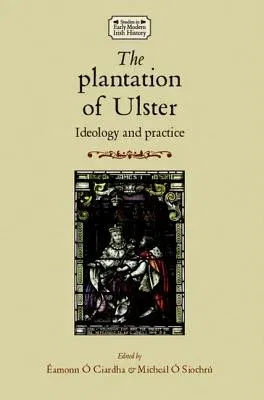This book is the first major academic study of the Ulster Plantation in
over 25 years. The pivotal importance of the Plantation to the shared
histories of Ireland and Britain would be difficult to overstate. It
helped secure the English conquest of Ireland, and dramatically
transformed Ireland's physical, demographic, socio-economic, political,
military, religious and cultural landscapes. In effect, the Plantation
became the City of London's and England's first successful attempt at
empire, providing a template for future colonial expansion in the
Americas, the Caribbean and the Indian sub-continent. Moreover, the
plantation's historical, political, cultural, environmental and visual
legacies impacted heavily on developments in both Ireland and Britain
for 400 years and continue to do so today.Indeed, those legacies are
still contested to this day. The divisions between the descendants of
the native and settler communities continue to underpin Irish and
British politics. As the
Peace Process evolves and the violence of the previous forty years
begins to recede into memory, vital space has been created for a timely
reappraisal of the plantation process and its role in identity formation
within Ulster, Ireland and beyond. This collection of essays by leading
scholars in the field on a broad range of historical and literary topics
offers an important redress in terms of the previous coverage of the
plantations, moving away from an exclusive colonial perspective, to
include the native Catholic experience, and in so doing will hopefully
stimulate further research into this crucial episode in Irish and
British history.

